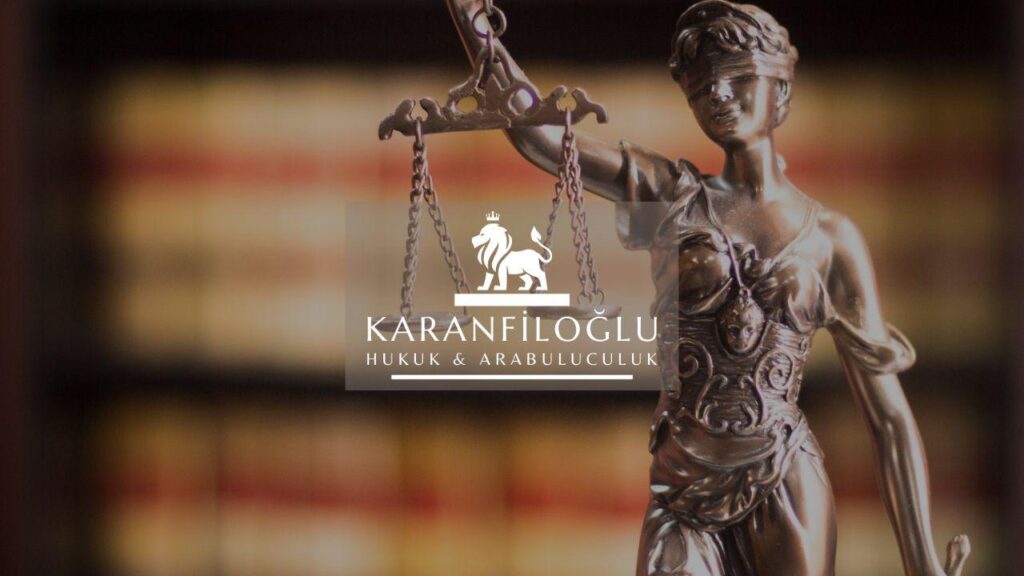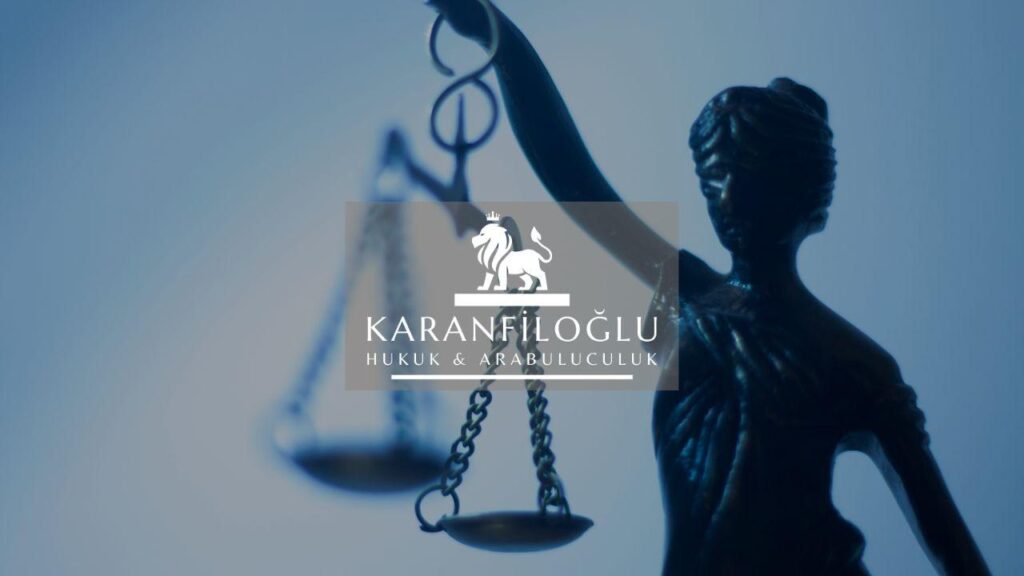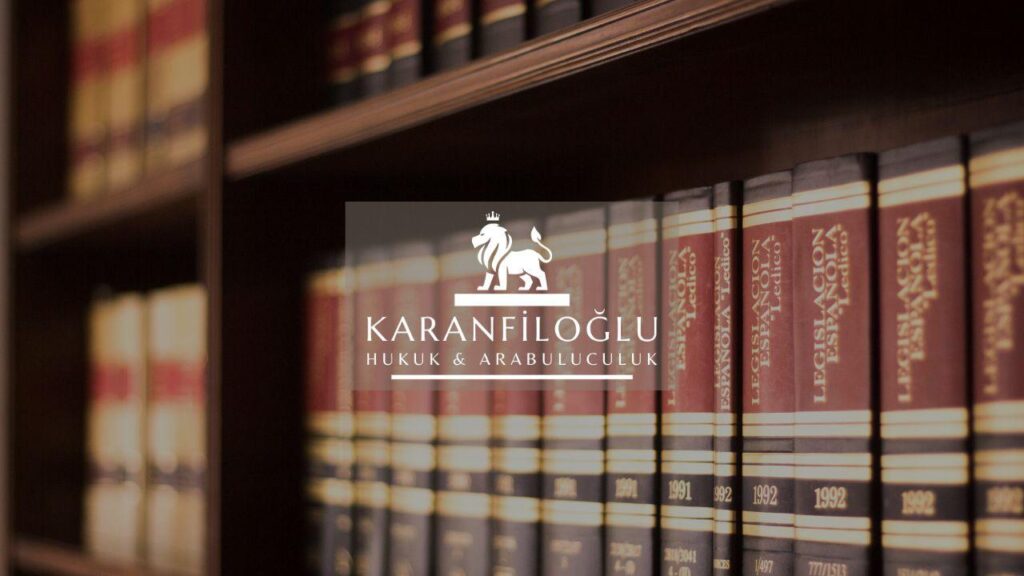Navigating the Turkish legal system can be a complex endeavor for foreign investors seeking to establish or expand their business operations within the country. At Karanfiloglu Law Office, we understand the myriad challenges that prospective investors face, from regulatory compliance to property rights and taxation. Our seasoned legal team is equipped with comprehensive knowledge of Turkish business law, ensuring that our clients are fully informed and well-represented in all legal matters. This blog post aims to offer valuable insights into the key aspects of the Turkish legal framework, helping foreign investors to make well-informed decisions by highlighting essential regulations, potential legal pitfalls, and effective strategies for successful business ventures in Turkey.
Navigating Business Laws in Turkey: Key Considerations for Foreign Investors
When venturing into the Turkish market, understanding the local business laws is crucial for foreign investors to ensure a smooth and compliant operation. Turkey’s commercial legal environment is governed by several key statutes, most notably the Turkish Commercial Code (TCC) and the Turkish Code of Obligations (TCO). These laws provide the framework for company formation, corporate governance, and contractual relationships. Foreign investors must also be aware of sector-specific regulations that could impact their operations, such as those relating to banking, telecommunications, and energy. Additionally, compliance with laws on competition, data protection, and labor is essential to avoid legal pitfalls. Effective navigation of these complex legal landscapes often requires expert legal advice, and at Karanfiloglu Law Office, we aim to provide that expertise to ensure our clients’ ventures are both legally sound and prosperous.
Foreign investors must also familiarize themselves with the registration processes and regulatory requirements specific to their business activities in Turkey. Setting up a business typically involves registering with the Trade Registry, obtaining a tax identification number, and enrolling with the Social Security Institution if employees are involved. It’s crucial to understand the different types of business entities available, such as joint-stock companies, limited liability companies, and branch offices, each with its own set of legal obligations and operational implications. Moreover, investors should be mindful of obtaining necessary licenses and permits relevant to their industry to avoid bureaucratic delays. Navigating these administrative processes efficiently can be challenging, and having skilled legal counsel can help streamline the setup and ensure compliance with all regulatory prerequisites, thereby minimizing the risk of costly legal issues down the road.
Beyond initial setup and compliance, foreign investors should consider ongoing legal requirements and potential disputes in their business operations in Turkey. Turkish law mandates periodic financial reporting, audits, and tax filings, all of which must be meticulously managed to ensure continuous regulatory adherence. Dispute resolution mechanisms, such as arbitration and litigation, are also integral components of the Turkish legal system. Understanding the nuances of Turkish courts and alternative dispute resolution methods can be pivotal in resolving conflicts efficiently and favorably. At Karanfiloglu Law Office, our experienced attorneys are adept at guiding clients through these ongoing legal obligations and dispute resolution processes, providing tailored strategies to safeguard their interests. By being proactive and well-prepared, foreign investors can not only prevent legal complications but also navigate them effectively if they arise, thereby protecting their investments and fostering sustainable business growth in Turkey.
Dispute Resolution Mechanisms in Turkish Law: What Foreign Investors Need to Know
Dispute resolution in Turkey offers a variety of mechanisms tailored to meet the needs of foreign investors, ensuring efficient and effective resolution of potential conflicts. The legal framework supports both litigation under Turkish court jurisdiction and alternative dispute resolution methods, such as arbitration and mediation. Arbitration is particularly favorable for foreign investors as Turkey is a signatory to the New York Convention, ensuring that arbitral awards are recognized and enforceable in many jurisdictions worldwide. Additionally, mediation has gained prominence with recent legislative reforms mandating its use in certain commercial disputes before proceeding to litigation. These diverse options provide flexibility and efficiency, allowing investors to select the most appropriate method for resolving their specific disputes, thus enhancing legal certainty and business confidence.
Foreign investors should also be aware of the procedural aspects involved in each dispute resolution mechanism in Turkey. The litigation process in Turkish courts may be perceived as lengthy due to procedural requirements and the potential for multiple levels of appeal. Conversely, arbitration offers a more expedited pathway, with foreign investors often choosing this method for its binding and enforceable nature. Understanding the choice of law is crucial, as parties can elect to have their disputes resolved under Turkish law or another legal system, provided that the choice does not conflict with Turkish public policy. Moreover, recent reforms in mediation have streamlined the process by encouraging amicable settlements and introducing mandatory mediation for certain disputes. These procedural nuances are pivotal in determining the most efficient and favorable resolution strategy, underscoring the importance of tailored legal counsel to navigate the complex landscape.
A critical aspect that foreign investors must consider is the enforcement of judgments and arbitral awards in Turkey. The Turkish legal system upholds strict protocols to ensure that both court judgments and arbitral awards are properly enforceable, offering robust protection to parties involved. For arbitral awards, being a signatory to the New York Convention facilitates smoother enforcement processes compared to jurisdictions outside this framework. However, investors should be mindful of potential challenges, such as ensuring that the original arbitration agreement is valid and that it meets the formal requirements prescribed by Turkish law. Court judgments from foreign jurisdictions can also be enforced in Turkey if reciprocity exists between Turkey and the foreign nation. These enforcement mechanisms are pivotal in safeguarding investors’ interests, making it imperative to seek expert legal advice to navigate these complexities efficiently. At Karanfiloglu Law Office, we provide strategic counsel to ensure that our clients’ rights are effectively upheld through adept legal navigation and comprehensive support.
Critical Legal Frameworks Impacting Foreign Investments in Turkey
One of the critical legal frameworks impacting foreign investments in Turkey is the Foreign Direct Investment (FDI) Law, enacted in 2003. This legislation governs the principles for foreign investments and aims to provide a favorable investment climate by offering equal treatment to foreign investors. Under the FDI Law, foreign investors have the right to establish new companies or acquire shares in existing companies with the same rights and responsibilities as local investors. Furthermore, the law provides assurance against expropriation and nationalization, except in cases where it is necessary for public interest and accompanied by adequate compensation. By adhering to international standards, the FDI Law ensures transparency and legal security, fostering a conducive environment for foreign capital flow.
In addition to the FDI Law, the Commercial Code of Turkey plays a pivotal role in regulating business activities and ensuring corporate governance for foreign investors. The Turkish Commercial Code, which was significantly revised in 2012, aligns closely with European Union standards, emphasizing transparency, accountability, and financial reporting obligations. This code outlines the legal framework for various types of business structures, including joint-stock companies, limited liability companies, and partnerships, providing clarity on their formation, operation, and dissolution processes. It also mandates comprehensive auditing and reporting requirements to enhance corporate transparency, thereby bolstering investor confidence. By establishing clear guidelines for mergers, acquisitions, and corporate restructuring, the Turkish Commercial Code facilitates efficient and secure business transactions, making Turkey an attractive destination for foreign investments.
Moreover, tax regulations are another fundamental aspect of Turkey’s legal infrastructure that significantly impacts foreign investments. The Turkish tax system is designed to be competitive and conducive to business growth, incorporating several incentives to attract foreign capital. Key components of this system include the Corporate Tax Law and the Value Added Tax (VAT) Law, which set forth the tax liabilities for businesses operating within the country. These laws offer various incentives such as reduced corporate tax rates, especially for businesses in specific sectors like technology and renewable energy. Additionally, Turkey maintains a network of double taxation treaties with numerous countries to prevent the double imposition of taxes on international earnings, thereby safeguarding foreign investors from excessive tax burdens. By comprehensively understanding and leveraging these tax provisions, foreign investors can optimize their financial operations and enhance profitability when conducting business in Turkey.
Disclaimer: This article is for general informational purposes only and you are strongly advised to consult a legal professional to evaluate your personal situation. No liability is accepted that may arise from the use of the information in this article.







